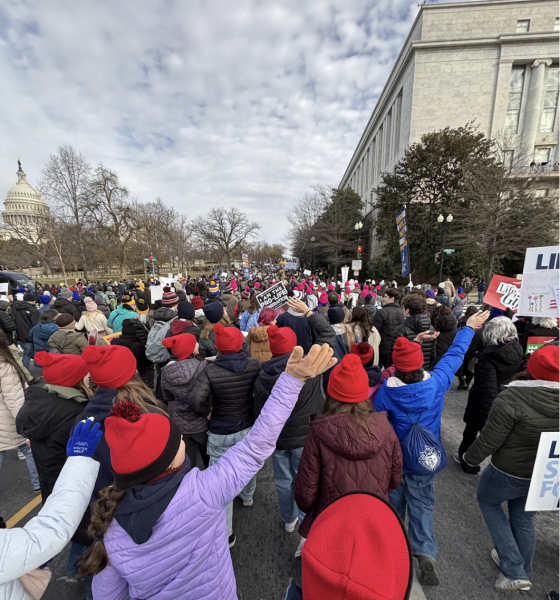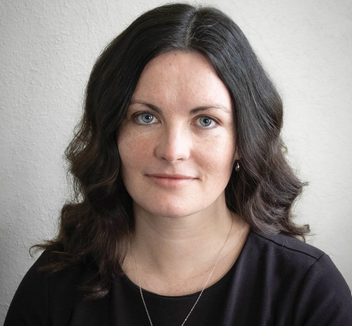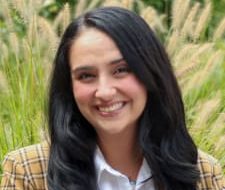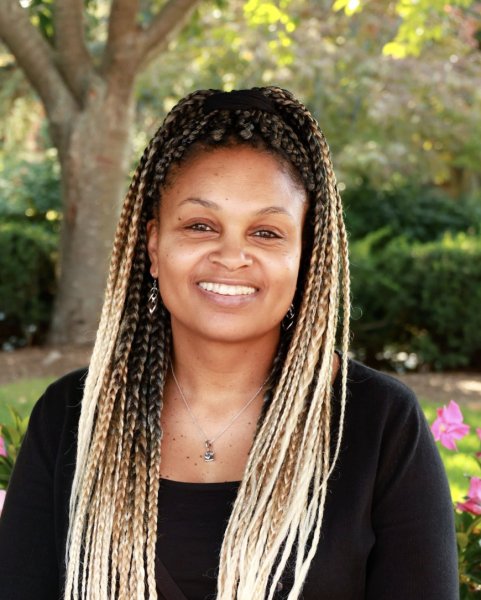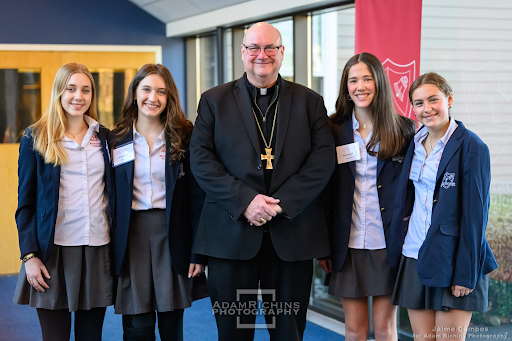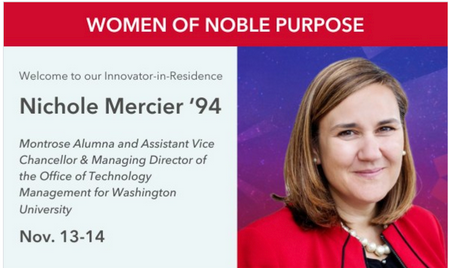The Power of Forgiveness
Known as the “needed balm of society,” forgiveness can heal relationships broken by society.
If you asked any of my classmates in our Theology/ Philosophy 11 any questions relating to justice, happiness, or human flourishing, I’m sure that they would respond with a resounding exclamation of joy and willingness to answer. On Wednesday, November 9th, I had the pleasure of attending a Life Compass program that brought the ancient concepts we are exploring in Theology to life. Professor Tyler VanderWeele educated us on the power of forgiveness and its impact on not only our lives but on the overall nation. When Mrs. Elrod introduced the speaker, Mr. Tyler VanderWeele, I was elated at her reference to ancient philosophy and the importance of better individual habits to foster love, unity, and hope. I whispered in my friend’s ear, “She’s talking about Aristotle.” She was equally amused as I was at the mention of one of our favorite philosophers.
Following Mrs. Elrod’s introduction, Professor VanderWeele opened his remarks with a reference to the biblical story of Jesus and his disciple Peter. Jesus called on Peter to forgive his brother as much as 70 times 7 times. To frame his exploration into the power of forgiveness and its effect on our everyday lives, Mr. VanderWeele asked the audience, “Is this realistic?”
Many times throughout the presentation Professor VanderWeele described forgiveness as an act of “replacing ill-will with good-will.” While forgiveness involves willing the good of the other, there are two different types of forgiveness. Decisional Forgiveness is the “commitment to good will” through rational decisions of the mind and soul. Emotional Forgiveness is the act of replacing “negative emotions with positive ones.” As a Catholic, I have always been taught that forgiveness was an act of the will personally entered upon by the forgiver onto the forgiven. Professor VanderWeele maintained this definition but also provided a new perspective on its effects not only in the soul but also on our emotions.
When reading Plato’s Republic, one of the essential questions was “What is justice and why is it essential to human flourishing?” With the help of Professor VanderWeele, I was able to understand that forgiveness is directly related to justice in the manner that forgiveness is the “pursuit of a just outcome.” While the act that is being forgiven “cannot be excused or reconciled,” it can be emotionally recognized without any animosity or hatred toward the person performing the act. One can “desire the good of the other while not forgetting the action.” According to the empirical research conducted by Professor VanderWeele and his colleagues at the Human Flourishing Program at Harvard University, this “pursuit” has reduced depression and anxiety and provided the necessary hope needed to overcome challenges.
While all of the principles proven by the research can sometimes sound impossible to achieve, Professor VanderWeele provided many practical applications as to how forgiveness can be carried out in our own lives. Professor VanderWeele highlighted two different forgiveness processes that are commonly used in the scientific community. A more lengthy, twenty step process known as the Robert Enright system, uses 4 phases to showcase the pursuit of forgiveness, the understanding of the action, and the discovery of positive outcomes. Washington’s Reach Model, a more practical and common way to forgive, is defined by its acronym: REACH.
- Recall
- Empathize
- Alter
- Commit to forgive
- Hold onto/ Maintain forgiveness
When we take “advantage” of the opportunity to “make use of the principles” of forgiveness, we realize that forgiveness is always morally appropriate. While forgiveness hopes for the good of the other, it does not always result in reconciliation. Forgiveness can “replace ill-will with good-will and can give room for relationships.”
Aristotle and Professor VanderWeele would agree that in the face of hardships and challenges, building better habits of love and forgiveness can lead to the “growth of character” and help create a “whole person,” both mentally and physically. When Professor VanderWeele described forgiveness as the “needed balm of society,” I acknowledged how much it has been lacking in our society for many years. Similar to another wise book being read by the junior class, Love Your Enemies, Professor VanderWeele emphasized the importance of “loving one’s enemies” and “civil discourse” as “acts of goodwill that can propagate.”
Professor VanderWeele told the audience that “we are all capable of forgiveness.” God, who is the ‘source of all goodness’ created each person good. In doing this, we seek the highest good in others and are able to “reorient” our will towards that good when we wrong someone else.
Most commonly known as the “replacement of ill-will with goodwill,” forgiveness is “a form of mercy” necessary to heal the personal and national wounds of society with love and compassion. Always deemed “morally permissible,” forgiveness can always be practiced using empathy, understanding, and a concept admired by Aristotle himself, action.
Kate Novack, Co-Assistant Editor In- Chief, Features Editor





